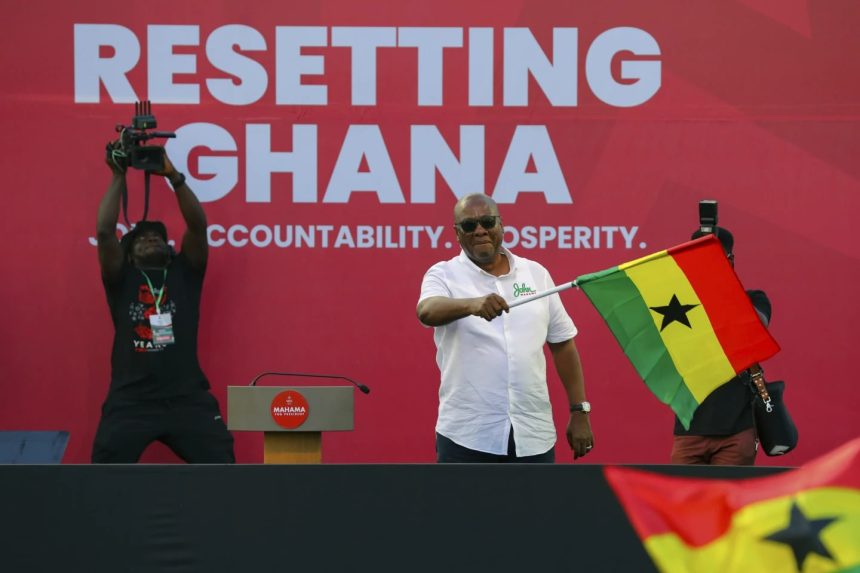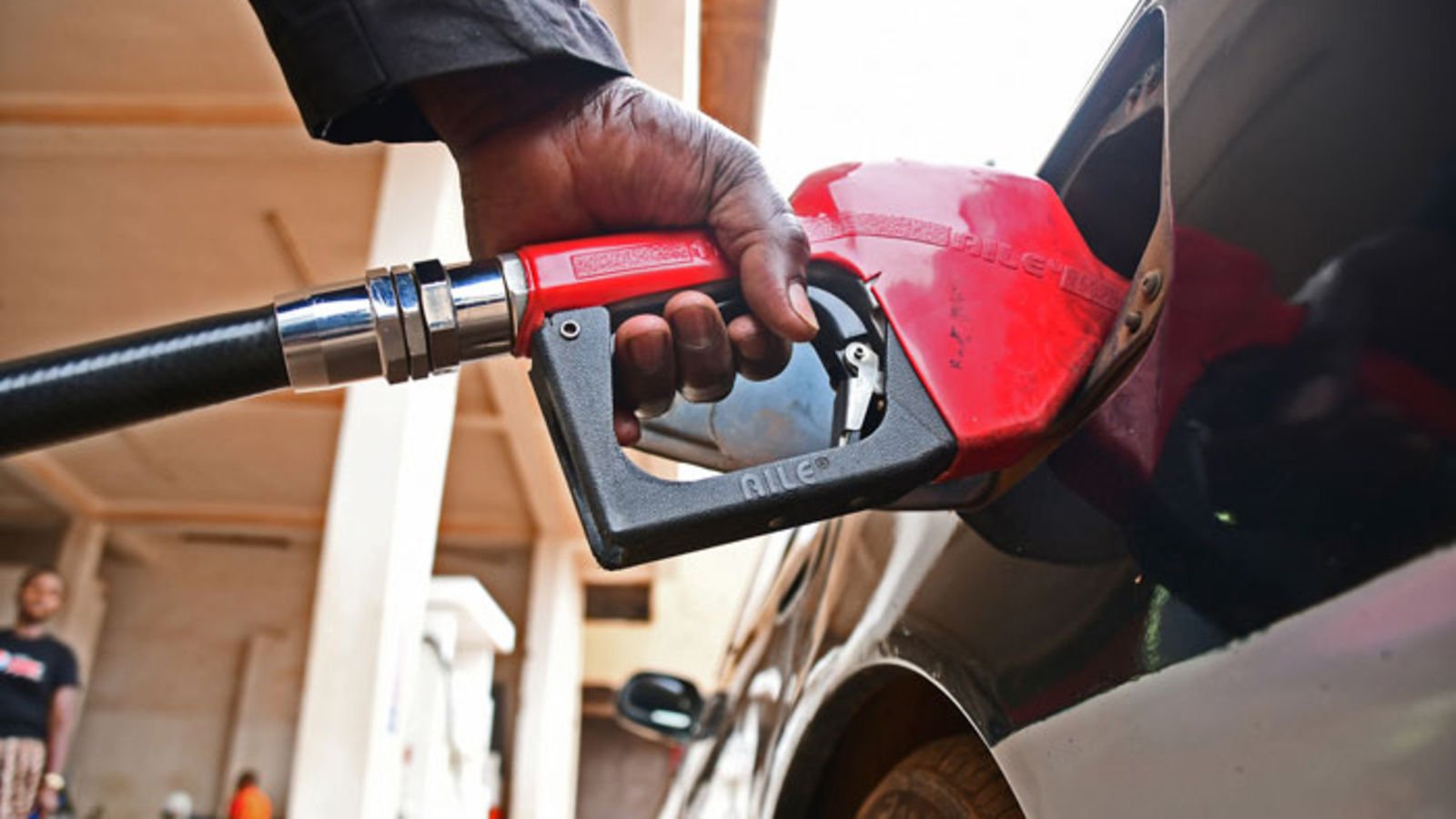ACCRA, Ghana (AP) — Ghana’s former President John Dramani Mahama is set to return to office in the West African nation’s presidential election after the ruling party candidate, Vice President Mahamudu Bawumia, conceded defeat on Sunday, and voters expressed anger at the government’s handling of the economy.
Ahead of the official announcement, Bawumia told reporters that he respects the decision of Ghanaians to vote for change. “I’ve just called His Excellency John Mahama to congratulate him as president-elect of the Republic of Ghana,” he said at his residence in the capital, Accra.
Previously president of Ghana from July 2012 to January 2017, Mahama, 65, acknowledged the call from the ruling party candidate in a post on the X platform, describing his victory as “emphatic.” He had promised to “reset” the country on various fronts during a campaign that prioritized the economy and largely appealed to young Ghanaians who saw the vote as a way out of the country’s economic crisis.
Celebrations broke out among the supporters of the opposition candidate in parts of the country, including the capital city. Wearing the opposition party’s white, green, red, and black colors, women and young people danced to music and trumpet blasts in the streets and at the party’s national headquarters.
The election for both the president and members of parliament was held against the backdrop of the country’s worst cost-of-living crisis in a generation and was seen as a litmus test for democracy in a region shaken by extremist violence and coups. West Africa’s regional bloc, ECOWAS, said the election was generally peaceful, continuing a trend in Ghana.
Bawumia was running as the flagbearer of the ruling New Patriotic Party (NPP), which has struggled to resolve the economic crisis under outgoing President Nana Akufo-Addo. Mahama’s National Democratic Congress (NDC) also won the majority in parliament, he said.
Mahama’s win is viewed as part of the global trend of elections favoring opposition parties over incumbents, from the United States to European countries such as Britain and France, as well as South Africa.
The former president is “the only person” who can fix Ghana’s ailing economy, one of West Africa’s economic powerhouses, said Jude Agbemava, a policy analyst who voted for him.
As in most other elections in countries where the incumbent lost, the vote in Ghana was about the people making their disaffection known against a government that has lost goodwill, said Seidu Alidu, head of the Department of Political Science at Ghana’s University of Legon.
“I think it has to do with the economy, which is largely a bread-and-butter issue for every Ghanaian,” said Alidu. “When the people elect you, they require you to do certain things for them.
But it was also about the style of governance because even in other countries facing economic challenges, governments were being honest with the people, telling them what the reality is and the steps they have taken to manage it,” he added.




















